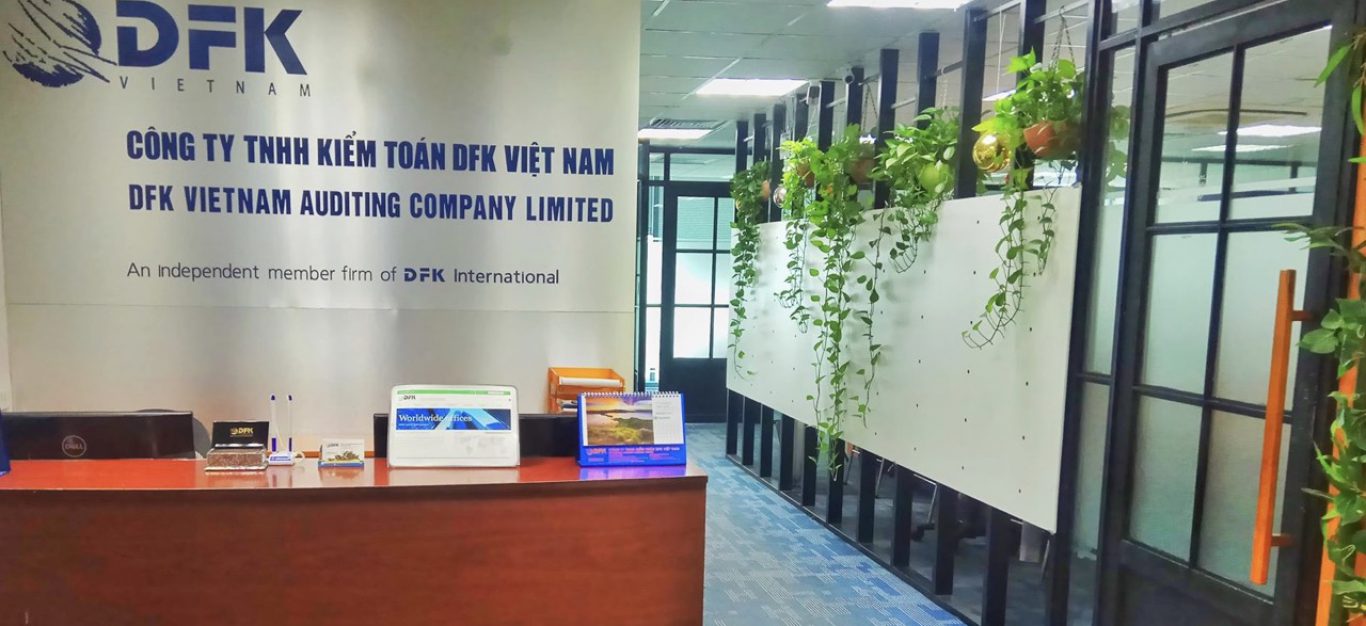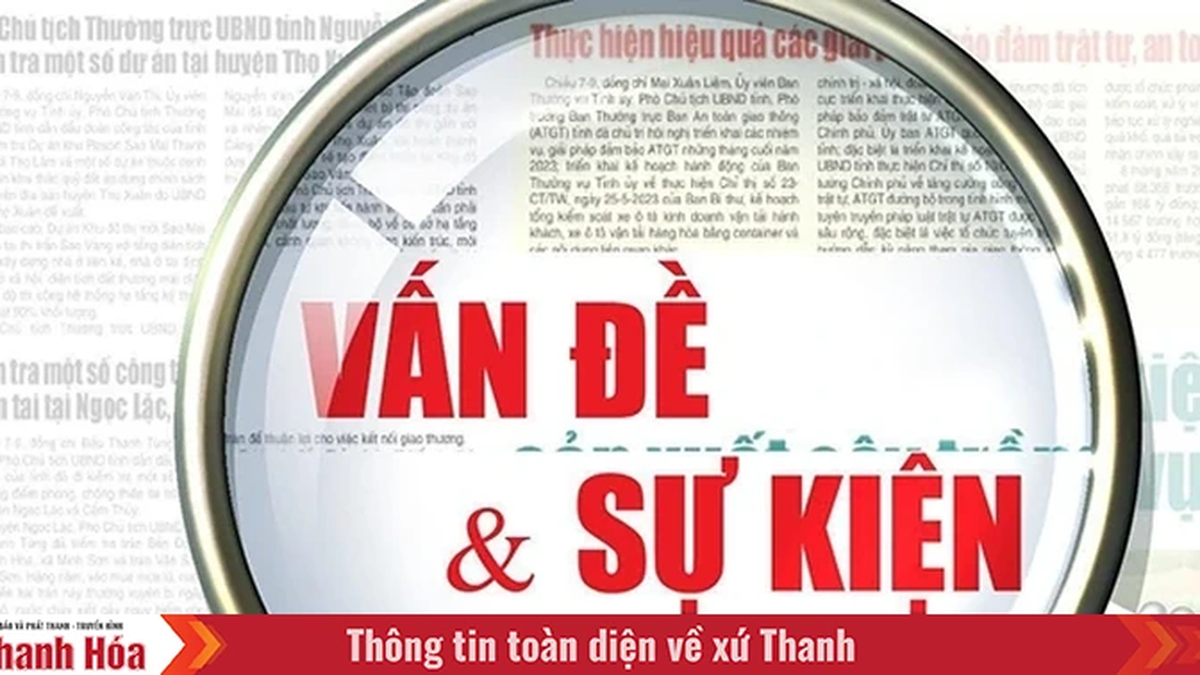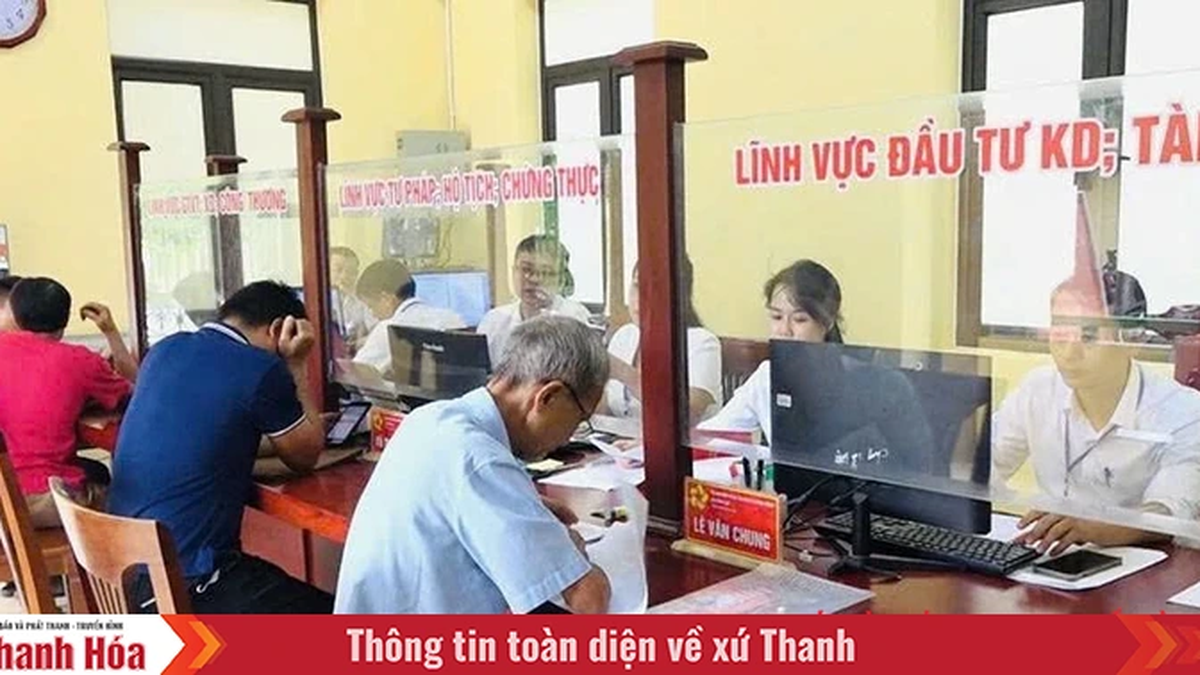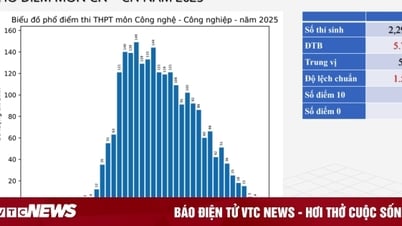Recently, when major cases occurred, many experts raised the issue of the responsibility of auditing companies. Speaking at the recent National Assembly session, many delegates also raised this issue with the revised Law on Independent Auditing.
Delegates propose tightening the quality of auditing companies, what does the Ministry of Finance say?
Recently, when major cases occurred, many experts raised the issue of the responsibility of auditing companies. Speaking at the recent National Assembly session, many delegates also raised this issue with the revised Law on Independent Auditing.
Tighten the quality of independent auditing companies
The Ministry of Finance has just reported on receiving and explaining the opinions of National Assembly deputies on the draft Law amending and supplementing a number of articles of the Securities Law; Accounting Law; Independent Audit Law; State Budget Law; Law on Management and Use of Public Assets; Tax Management Law; and Law on National Reserves.
In the report, the Ministry of Finance explained the opinion of Delegate Nguyen Hai Nam (Thua Thien Hue ) on the proposal to have regulations to tighten the quality of auditing companies.
 |
| The Ministry of Public Security has just proposed to strictly handle the responsibility of DFK Auditing Company. |
The Ministry of Finance said that it has reviewed and proposed amendments to regulations to clarify the obligations and responsibilities of auditing enterprises (Article 29) to ensure the improvement of the quality of auditing enterprises.
Specifically, the draft has added the following obligations of auditing firms: “During their operations, auditing firms and branches of foreign auditing firms in Vietnam must maintain the conditions prescribed in Article 21 of this Law. In case an auditing firm has a branch, it must still ensure that there are at least 5 auditors registered to practice at the head office, not including auditors registered to practice at the branch.”
This regulation will help auditing firms to always maintain the prescribed conditions and ensure that there are at least 5 auditors registered to practice at the head office, not including auditors registered to practice at branches, avoiding the current situation where some auditing firms have less than 5 or even 1-2 auditors registered to practice at the head office.
In addition, the draft Law also amended and supplemented regulations on the responsibilities of auditing enterprises when arranging rotation of practicing auditors to perform and sign audit reports to ensure compliance with international practices, practice reality and must ensure the suspension period after the practicing auditor is allowed to continue signing the audit report.
 This morning (November 7), the National Assembly will discuss in the Hall the Draft Law amending and supplementing a number of articles of the Securities Law; the Accounting Law; the Independent Audit Law; the State Budget Law; the Law on Management and Use of Public Assets; the Tax Administration Law; and the Law on National Reserves.
This morning (November 7), the National Assembly will discuss in the Hall the Draft Law amending and supplementing a number of articles of the Securities Law; the Accounting Law; the Independent Audit Law; the State Budget Law; the Law on Management and Use of Public Assets; the Tax Administration Law; and the Law on National Reserves. 
In addition, the draft has also amended and supplemented clearer regulations on handling violations of the law on independent auditing (Organizations and individuals who violate the law on independent auditing, depending on the nature and severity of the violation, will be subject to administrative sanctions, criminal prosecution, and state management measures according to the provisions of this Law. If causing damage, they must compensate according to the provisions of law); added regulations on suspension of auditing practice and revocation of auditing practice registration certificates for practicing auditors to ensure increased deterrence, effectiveness and efficiency; clearly stipulate cases where auditing practice registration is not allowed and cases where auditing practice must be stopped.
Increase penalties to ensure deterrence and compliance with international practices
Regarding the opinions of some National Assembly deputies requesting to review the level of penalties for violations of the law on independent auditing as well as the statute of limitations for penalties, the Ministry of Finance said that the Law on Handling of Administrative Violations currently stipulates the maximum level of penalties and the statute of limitations for handling in various fields, including Independent Auditing.
Therefore, this fine and statute of limitations should be stipulated in the Law on Independent Auditing, to replace the maximum fine and statute of limitations stipulated in the Law on Handling of Administrative Violations. Based on this fine and statute of limitations, the Government will have a basis to guide the handling of serious violations.
In addition, the current Law on Independent Auditing (Article 29) has provisions on the responsibility of auditing enterprises to: "Compensate for damages to the audited unit on the basis of economic contracts and according to the provisions of law." Therefore, the draft amended Law does not need to add this provision.
Regarding the specific fine, the draft Law on Independent Auditing increases the maximum fine to 20 times compared to the current regulations. The Ministry of Finance said that the basis for increasing this fine is from the recommendations of law enforcement agencies (suggesting that the fine should be raised even higher to ensure deterrence) and because the current fine has been issued for quite a long time (in 2008), it is no longer suitable for reality, especially in the context of inflation and basic wages have both increased much higher. The increase in fine is also to comply with international practice.
About 18,000 large enterprises must undergo mandatory audits.
Speaking at the recent group discussion session, some delegates suggested redefining the accounting and auditing subjects by industry and field. Delegates suggested clarifying the concept of large-scale enterprises and other organizations because the current Law on Independent Auditing does not have the concept of large-scale enterprises and organizations.
Many opinions are concerned that the number of enterprises subject to audit is quite large, not to mention the criteria for group A, B, C projects in the Law on Public Investment are being revised in an increasing direction, which will expand the number of subjects subject to audit. Therefore, it is necessary to consider whether auditing enterprises have enough capacity and can handle this annual audit issue or not.
Regarding this content, the Ministry of Finance said that it has specifically assessed the auditing capacity of current and future auditing firms in accordance with the scale of the audited entities to ensure suitability and feasibility. Specifically, the Law will assign the Government to provide detailed regulations on this content.
The Government will continue to review and assess the impact carefully to identify and select criteria that are consistent with international practices and cover the overall picture of the financial situation, scale, and field of operation of enterprises.
One of the expected criteria to be selected to determine the size of the enterprise is: (1) Average number of employees participating in social insurance per year; (2) Total revenue of the year or (3) Total assets.
In addition, referring to international experience in determining which enterprises must conduct mandatory audits is also based on the above criteria. According to that determination, there are currently about 18,000 large-scale enterprises that need mandatory audits, with an expected average annual growth rate of large-scale enterprises of 4-5%.
Comparing the correlation between the current supply of independent auditing services, there are about 220 auditing firms (an average annual increase of 6-7%), 150 branches of auditing firms; more than 2,500 people with auditor certificates registered to practice (an annual increase of more than 500 people with auditor certificates), with the number of enterprises needing to be audited, auditing firms can ensure coverage and provide services to large-scale enterprises according to the above criteria.
In case, choosing the option to determine large-scale enterprises based on 1 of the 3 criteria above, the level of each criterion will be increased to determine the number of enterprises suitable for auditing resources. With the current reality, the Ministry of Finance is considering choosing the method to determine the scale of enterprises based on 2 of the 3 criteria above.
Regarding the proposal to select 1 of the 3 criteria and increase the scale of each criterion compared to the current level in the draft, the Government will continue to study when developing the Decree guiding the Law and assess the implementation capacity to ensure that the resources of auditing enterprises are met. However, the increase in the criteria to any level also needs to be carefully evaluated compared to the option of selecting 2 of the 3 criteria as proposed above.
Source: https://baodautu.vn/dai-bieu-de-nghi-siet-chat-luong-cong-ty-kiem-toan-bo-tai-chinh-noi-gi-d229367.html







































































































Comment (0)